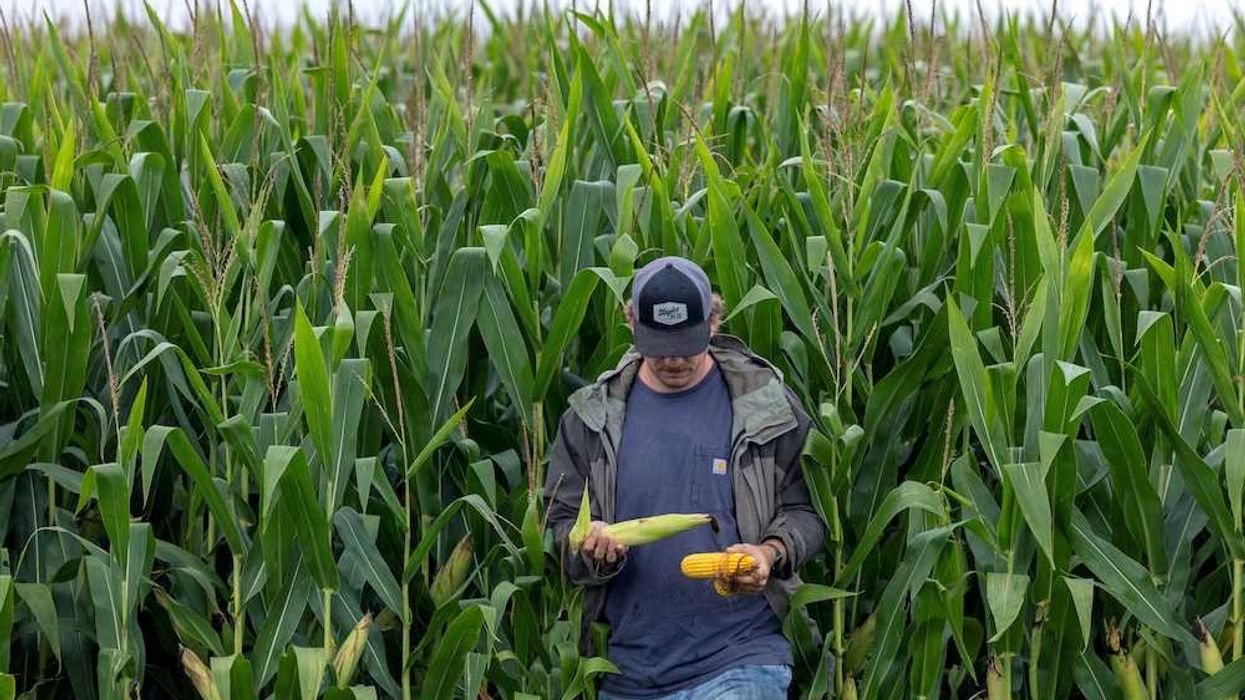Joe Glauber, former chief economist at the U.S. Department of Agriculture (USDA) during President Donald Trump’s first term, told Fortune that the president's latest bailout of farmers affected by his sweeping tariff policies are a lot different from 2018 and that it will take years to rebuild the trust he has lost with them.
"How to fund this bailout is very complicated, and different than it was in 2018,” Glauber said. “You’d need Congress to reallocate tariff revenues. USDA can’t just say, ‘We’re going to take all that money and give it to farmers.’ That takes an act of Congress, and that’s tricky when the government isn’t even open.”
Farmers during Trump's first term lost $27 billion in agricultural exports due to tariffs between mid-2018 and 2019, according to a 2022 USDA report.
As a result, Glauber explains, the administration tapped unused funds from the Commodity Credit Corporation — a Depression-era agency with a $30 billion spending cap — to pay farmers about $25 billion in 2018 and 2019.
But that pool has already been stretched thin by recent income-support programs, and Congress hasn’t yet replenished it this fiscal year. Glauber warned that even if the White House found the money now, it won't be an easy fix.
"You can’t just flip a switch. The Farm Service Agency offices that process payments are closed right now. You’d have to call back ‘essential employees,’ get new regulations written, and design a whole new program," Glauber says. "That takes time and manpower, and you can’t do that without a functioning government.”
Farmers, meanwhile, are hurting. According to American Soybean Association president Caleb Ragland, “the farm economy is suffering while our competitors supplant the United States in the biggest soybean import market in the world.”
As Trump promises to protect farmers, Glauber says they are growing weary of his intentions, saying "payouts can’t repair the long-term damage of eroded trust in U.S. reliability."
Glauber also says that the bailouts have created a "moral hazard" in which “It buys off the loudest group of protestors,” he said. “Farmers don’t want to survive on bailout checks — they want to sell their crops. But these payments let policymakers off the hook.”
Trust, Glauber says, is priceless.
"You might compensate (for) losses this year,” he said, “but if trading partners see you as an unreliable supplier, they’ll go elsewhere. Prices can lure them back, but trust takes years.”


